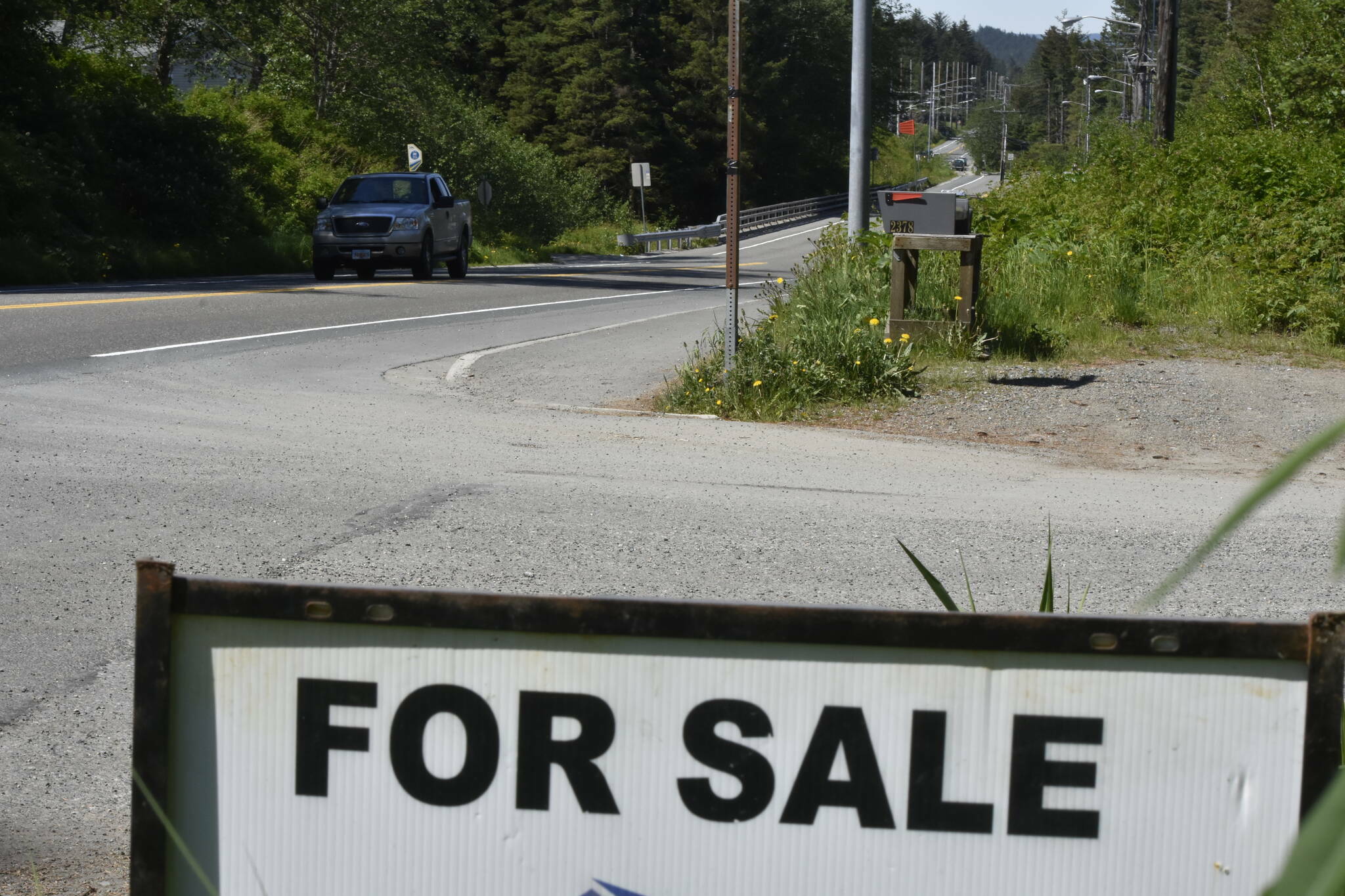Alaska’s Department of Labor and Workforce Development (DOL) released its annual Cost of Living survey this month. Contained in the July issue of Alaska Economic Trends, the report reflects that while inflation has cooled, the cost-of-living in our state remains stubbornly high.
Within the state, Juneau’s economic trends place it at the top of some lists in several categories.
The report breaks down costs into six areas: housing, utilities, groceries, transportation, health care, and miscellaneous goods and services.
Much of the report is based on information from the Council for Community and Economic Research. The council produces quarterly and annual cost-of-living indexes comparing costs for a fixed standard of living in hundreds of cities, including three cities in Alaska: Anchorage, Fairbanks and Juneau.
Index values for Alaska ranged from a low of 124 in Anchorage to a high of 128 in Juneau, meaning their costs were 24% and 28% higher than the survey average.
Of the 276 participating cities, Anchorage, Fairbanks, and Juneau ranked 24th, 21st, and 18th respectively for overall costs, behind some high-cost metros on both coasts.
Notably, Juneau ranked considerably higher in several of the individual categories, placing 31% higher, 40% higher, and 51% higher than the national average in housing, utilities, and health care, respectively.
However, since housing is most households’ largest single expense and is a major determinant of the overall cost-of-living, DOL conducted a separate survey for it. In that survey, Juneau topped the list with the highest average single-family home price of $509,285 among all cities in Alaska.
The median monthly residential rental price for a two-bedroom unit placed Juneau in the middle of the pack at $1,561, with Kodiak the highest at $1,713 and Wrangell the lowest at $1,081.
Census Bureau data on median monthly housing costs (which include mortgage or rent, property taxes, utilities, etc.) for the four years ending 2022 were included for comparison. Juneau was the fouth most expensive city in Alaska behind the Aleutians, Anchorage and Kodiak. However, this survey doesn’t account for the significant increase in property taxes experienced by Juneau homeowners recently.
Alaska’s geography and remoteness contribute to higher prices in many areas. It becomes almost too easy to justify or rationalize our higher cost-of-living. Yet our local community governments still have the tools to moderate these higher costs if they choose to use them.
The most obvious way to moderate living costs is to be fiscally responsible and keep taxes low. The Juneau Assembly’s record on this has not been reassuring. While the Assembly approved a token decrease in the property tax millage rate, it does not begin to offset the inordinate increase in property assessments in the last several years.
The Assembly’s predilection for devoting large cash appropriations for projects that voters have rejected is not a sign of fiscal responsibility. Taxes diverted for discretionary projects could otherwise be used for paying down debt or rebating back to taxpayers, thereby lowering property taxes and the overall cost of housing.
Government can grow a community’s tax base organically by fostering economic growth and by reducing over-regulation and bureaucratic obstacles to development.
The current debate over cruise industry impacts in Juneau is a case in point. The cost-of-living won’t be lowered by telling visitors they aren’t welcome to visit the capital city on Saturday, or any day, for that matter, as some cruise critics have proposed.
Nor is blocking responsible development that stimulates our economy and enhances visitor experiences like Juneau’s Huna Totem Dock project. Approval for a needed tidelands lease for the project has been languishing for months as the Assembly continues to delay a decision.
There is a definite connection between Juneau’s high costs and our Assembly’s reluctance to lower taxes and do more to expand the economy.
Furthermore, Juneau faces some big fiscal challenges in the years ahead. Our school system, our hospital and our public safety agencies will need considerable financial support to continue providing the level of service that taxpayers expect.
Those needs take priority over some of the wish list items still being funded or discussed by our Assembly.
When will our elected officials connect the dots?
• After retiring as the senior vice president in charge of business banking for KeyBank in Alaska, Win Gruening became a regular Opinion Page columnist for the Juneau Empire. He was born and raised in Juneau and graduated from the U.S. Air Force Academy in 1970. He is involved in various local and statewide organizations. Columns, My Turns and Letters to the Editor represent the view of the author, not the view of the Juneau Empire. Have something to say? Here’s how to submit a My Turn or letter.

